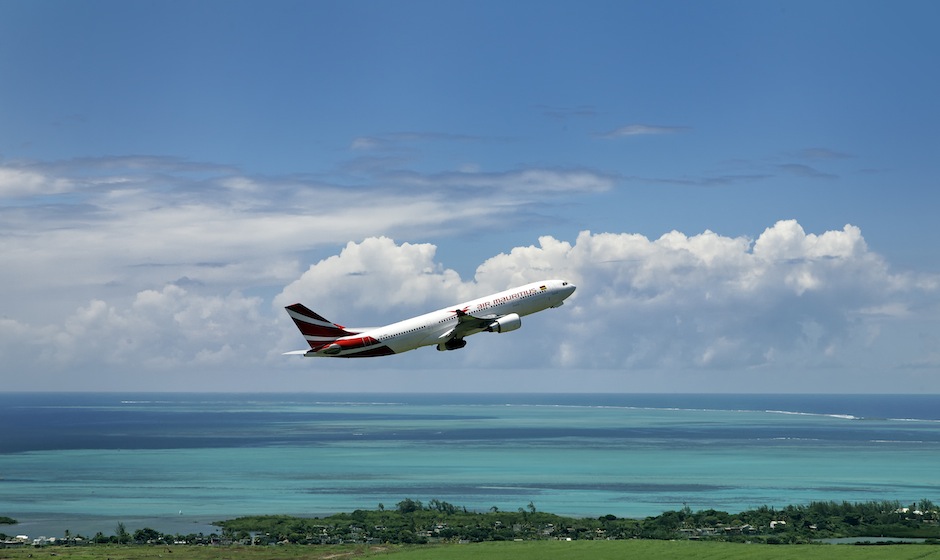5 ways to combat jet lag
When you travel across time zones, it can have a seriously disorienting effect on your normal body clock. Sleep patterns become disturbed because the way we respond to day and night is thrown off course by the sudden impact of a shorter or longer day than we’re used to. Symptoms can include headaches, difficulty focusing on tasks and a general lack of energy – or we might feel lethargic in the afternoon but wake up at 3am raring to go. It can often take several days, or even a week or more to readjust and feel like ourselves again.
So what can be done to combat this common side effect of flying? With decades of long haul flights under our belts, we’ve rounded up a few of our favourite tried and tested strategies to help manage the most common symptoms of jet lag.
1. Begin to re-set your body clock before departure
A few days before departure, try to delay or bring forward your normal bedtime so your body has a chance to adjust before you even take off. If you’re heading east, try going to bed an hour or two earlier for a couple of days, or staying up a bit later if you’re going west. This can prevent the overall shift in time zones from being such a shock to the system.
2. Change your watch as soon as you board the plane
Frequent flyers know that changing their watch before the plane has even taken off can have a subtle but potent psychological effect on the mind, helping it to ‘ease in’ to the new time zone several hours in advance.
3. Drink lots of water, even if you’re not thirsty
Staying properly hydrated can help stave off headaches and other physical symptoms of jet lag. Altitude, cabin pressure and low on-board humidity can all contribute towards dehydration, but we might not immediately feel its effects – so it’s important to drink plenty of water before, during, and after your flight.
4. Help yourself get some sleep on your flight
It’s always best to be prepared, so if you know you’re going to want to try and sleep on your flight, make sure you have some simple sleep aids at your disposal. Eye masks are a really good bet on daytime flights, especially once you’re in the dazzling sunshine up above the clouds. Ear plugs can also cocoon you from general chatter and cabin noise – wax ones are the best. And if you’re sensitive to changes in air conditioning, bring along an extra cardigan, shawl or lightweight sweater.
5. Spend as much time as possible outdoors
Try and absorb as much natural light as possible in the days following arrival. The regular rhythmic cycle of lightness and darkness is one of the most important factors in re-setting your internal body clock, and can be one of the best ways to speed up your adjustment to the new time zone. Late afternoon sun can be especially effective for those flying from east to west, and early morning light works well for those travelling east.
Book a flight with Air Mauritius
Visit our website to check availability and book your flight.


